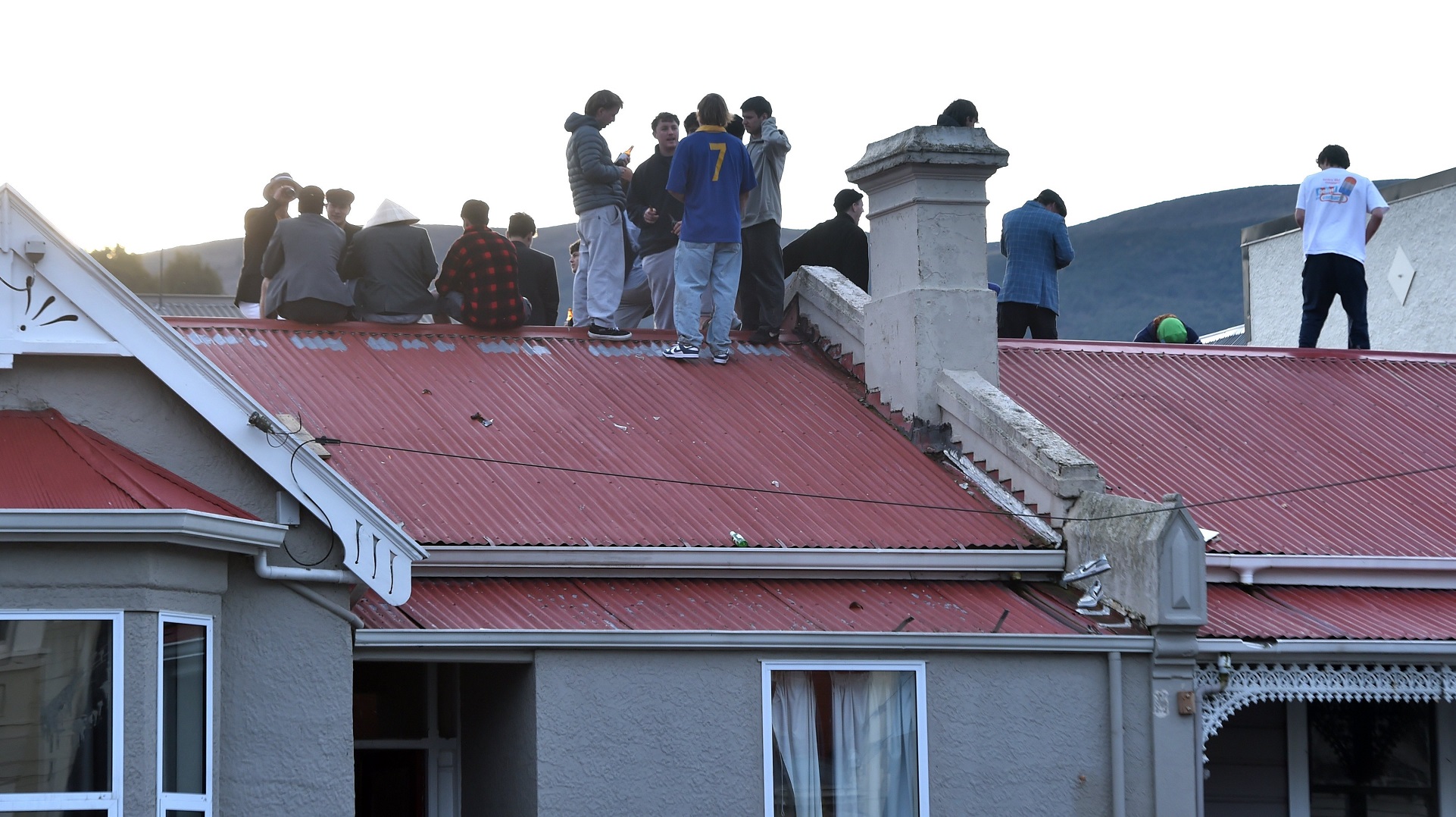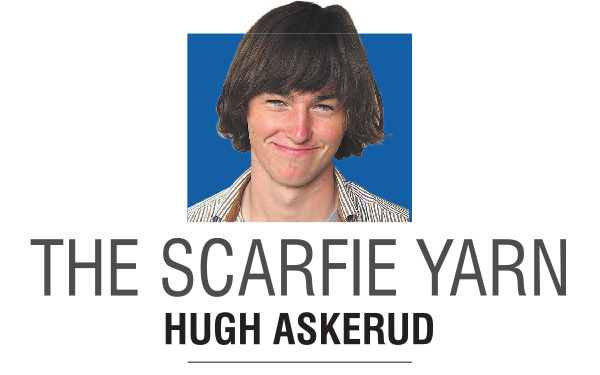
To the best of my knowledge, Cutlers has a similar policy, one which has successfully capitalised on the larger-than-normal number of student flats changing their tenancies midway through the year.
Though the decision was made in the middle of the exam period, students were rightfully outraged, speaking about the subject in study breaks and in whispered tones throughout the library.

In my eyes, the year-by-year increases in tenancy changes, a.k.a. flat drama, can be explained solely by the pressure property managers and landlords are placing on students to sign flats as early as they can.
So how did this cyclical phenomenon come about, and what are some potential harmful effects and solutions?
The life cycle of the average three-year student has become relatively predictable and progresses in three clearly identifiable stages. Keep in mind that these stages are only true for those seeking the classic Dunners "student experience" whatever that may actually be.
Students arrive in a hall their first year, before moving to either Castle, Howe, or Leith Sts for a year of sociability before slinking off to Queen St and the wider Town Belt for a year of focus. This cycle is now causing problems, having been viewed and taken advantage of by outsiders.
Competition for key "party flats" — basically, anything on Leith or Castle — has seen students in their first year quickly cobble together groups of six-eight in order to sign leases as early as possible.
I believe that I had signed my second-year flat on Leith St by May of the year prior, and at the time, we thought we were one of the last groups to sign. The competition is stiff, and is all too happily taken advantage of by landlords and property managers, who can increase rental prices on these streets beyond the properties’ actual worth.
Furthermore, these agencies are happy to court prospective groups as early as April, with the incumbent tenants signalling their desire to leave the flat earlier rather than later.
Though these trends are worrying for the bank balances of students desperate for the social benefits which come from living on these plots of land, what is more worrisome is the flow-on effects these hastily cobbled together groups create.
Groups that are hastily strung together between first-year students, who may have only known one another for a month or two, simply do not last. I have been there, and it’s a painful experience for everyone when things don’t work out.
Furthermore, frigid flat relations have directly contributed to a loss of student community. Who is going to host a flat party when infighting and instability is the norm?
Castle St is now both a depraved realm of cliquey private school solidarity and a bombsite of disputing flatties.
Crucially, it means a mountain of mid-year tenancy changes, a problem which property managers have recognised and are now benefiting from.
While it may make sense for property managers to charge a fee due to the work that tenancy changes involve, this hardly seems fair when the problem is being caused partially by the landlords and property managers themselves.
To this degree, there is one simple solution which will benefit all parties. Edinburgh and Cutlers need to sign a joint agreement which restricts their ability to sign tenants for the following year until a certain point.
Why would they do this, you ask? Maybe because the lack of community on Castle St is decreasing the value of the asset. As the street’s legacy continues to decline, first-year students may end up deciding that they don’t particularly want to flat in a dingy Castle St shed for $250 a week and may prefer to look elsewhere.
Suddenly, landlords and property managers have to decrease rents to ensure their Castle St flats get filled, something I’m sure no upstanding landlord ever wants to hear.
Property managers have a big stake in creating a better studentville for everyone. Though they may not realise it, these companies can make or break student culture, enhancing or demolishing student wellbeing with a few simple decisions.
Take some collective responsibility team, break the cycle and ensure your greatest asset — the slums of studentville — remains an asset for many years to come.
• Hugh Askerud is a 20-year-old local and student at the University of Otago, majoring in politics and religious studies.











